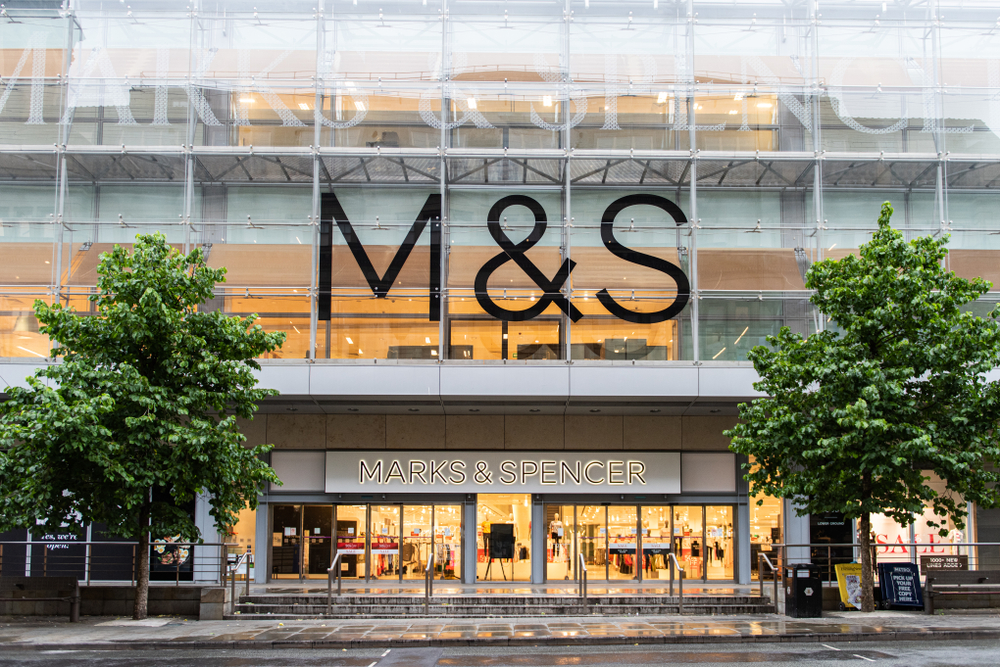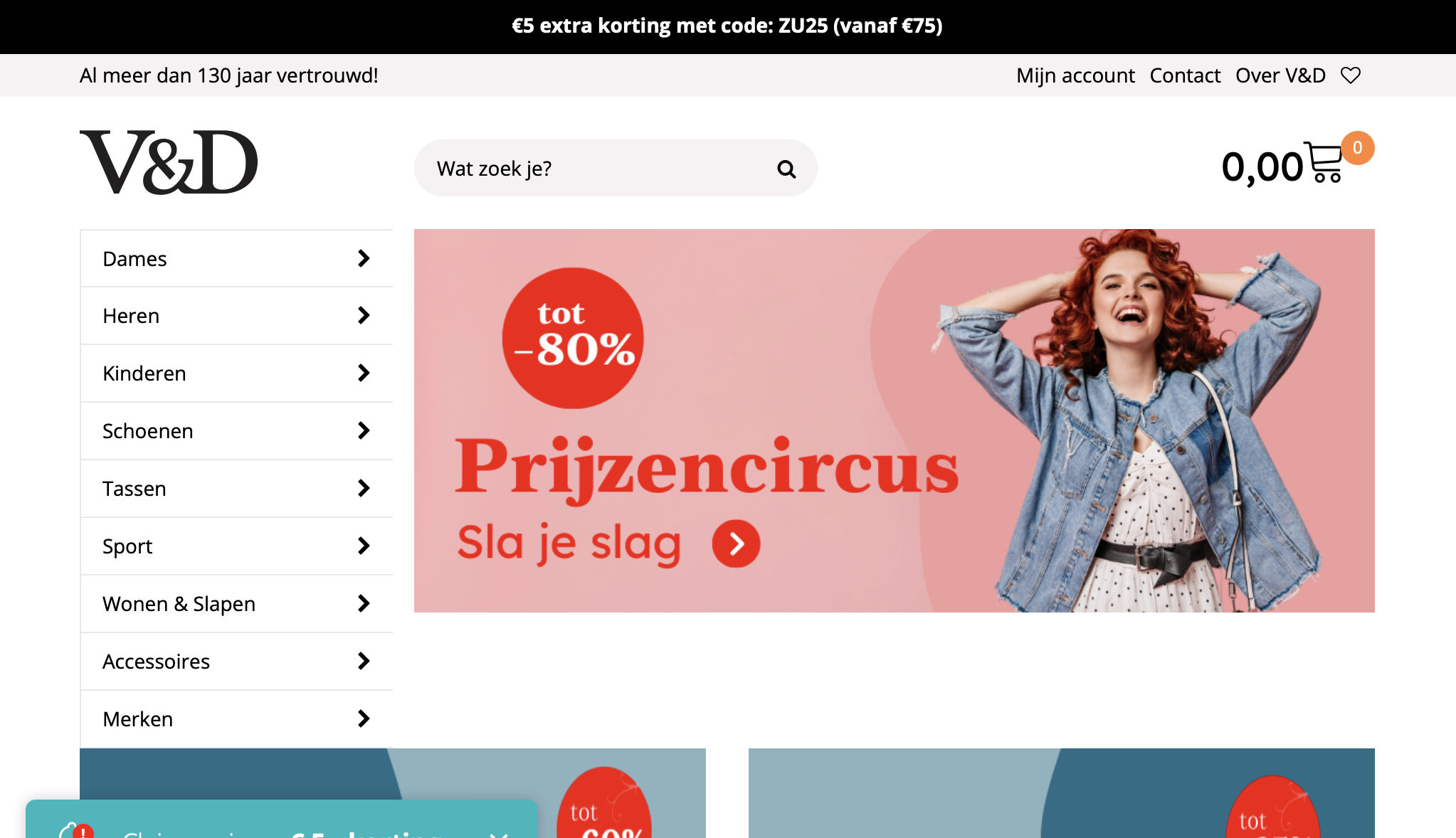While footfall figures and sales seem to have settled to a new normal as consumers tentatively find their way through the cost-of-living crisis, retailers are set to be hit by new cost rises, taxes and boycotts, which could yet throw the industry into another crisis.
With consumer energy price caps reducing in April, shoppers will have less money to spend again – and dented confidence – which could impact sales. But more troubling, support for businesses ends completely, pushing up energy costs for retailers and, more importantly, their whole supply chain.
This will make everything that is sold more expensive – a cost that either has to be borne or passed on to shoppers. Neither looks to be an appealing prospect when trying to grow sales.
At the same time, retailers are also faced with the prospect of the one-year-old Plastic Packaging Tax (PPT) moving ahead much faster than anticipated and likely to start to cost the industry more. HMRC has jumped on PPT with alacrity and is way further ahead with getting it up and running that anyone would have suspected given how glacially slow things like this usually move.
While the cost of PPT is still relatively low – a fraction of a pence per unit of unrecycled plastic – the rapid rate at which it has been implemented is likely to see that start to climb in the coming months and years as the revenue gets to grips with just how much money they can generate from it, while saving the planet.
This will place yet another burden on retailers and their supply chains, not necessarily in terms of the cost of using plastic packaging, but in investing in new, non-plastic packaging to avoid the tax and any future rises that may come down the pipe.
This will be driven by an increasingly militant consumer base who, while wanting everything as cheap as possible in the face of their own rising energy bills and inflation-hit earnings, also are demanding a much more environmentally and socially aware ethos from the brands that they do business with.
As many as four fifths of them could boycott brands that don’t behave in a way that they want them to – and that will invariable include how they package things and how they heat and light their stores and warehouses, how they transport goods and the ethical way in which their suppliers treat their workers.
All this adds up to quite a conundrum for retailers. How do you source all this, ethically, power business responsibly and not rise prices? Answers on a (recycled) postcard if you have any.









